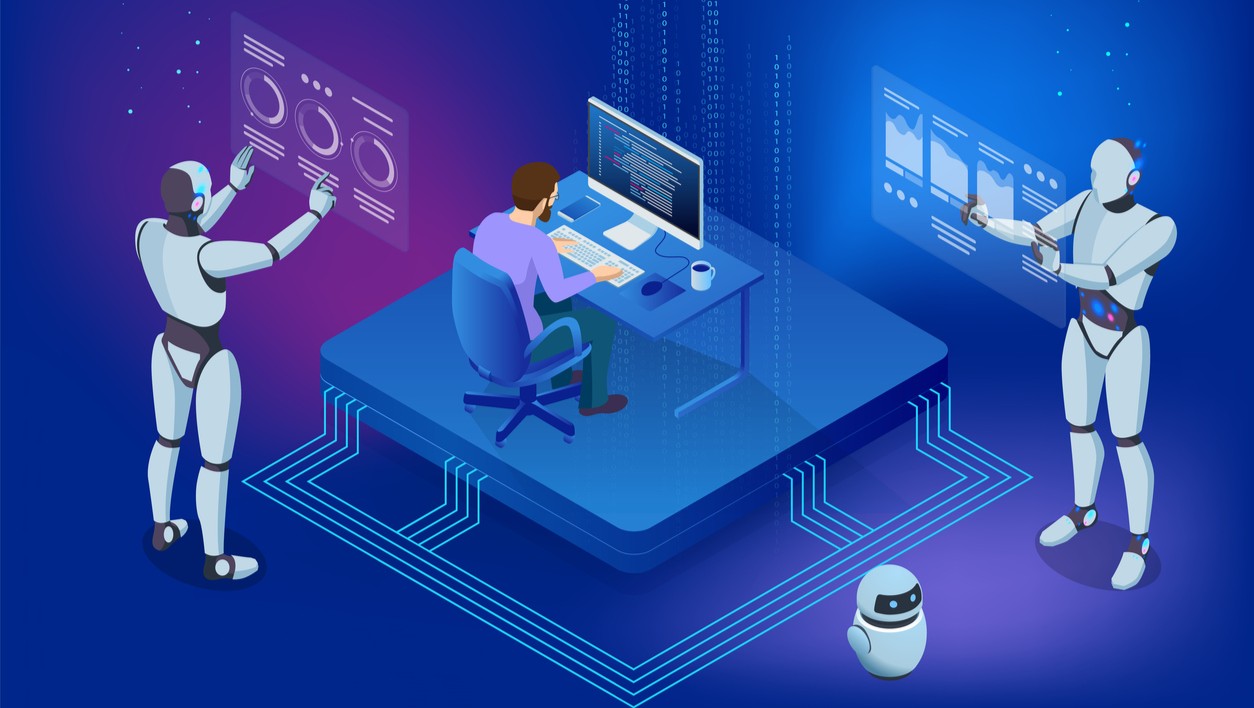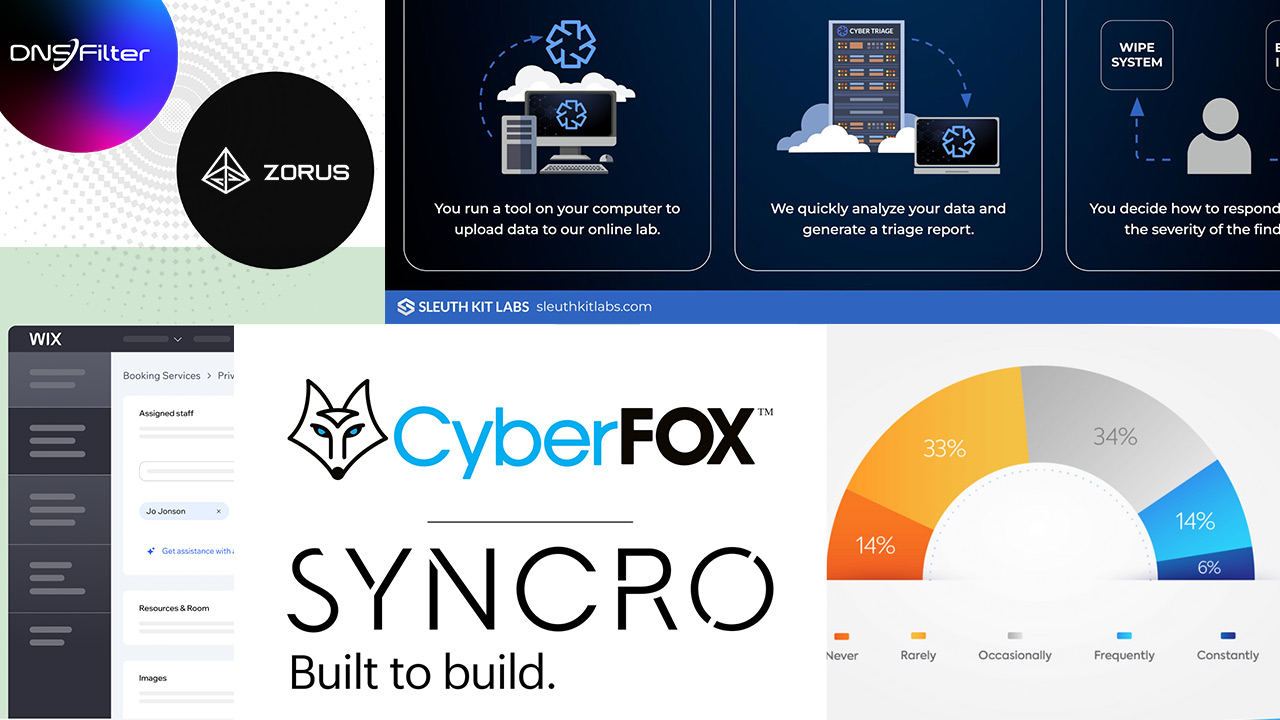A survey of U.S. airline passengers found that some 70% believe air travel is safe. At the same time, only 20% believe that airplanes are properly maintained and free from structural faults. In other words, most passengers believe that the air travel domain is safe, even if its components may not be. This shows that people can concurrently have faith in large, amorphous systems, yet be skeptical of their components.
Similarly, 80% of CISOs and IT security leaders surveyed in the U.S. and U.K. said they plan to adopt AI-powered cybersecurity tools. However, 75% of them are concerned about the AI domain as a whole.
Security leaders realize that AI-powered tools are the inevitable next step in cybersecurity. But when deploying AI-powered tools, they hesitate to relinquish control, even at the potential cost of compromising security.
CISOs hesitation toward AI in cybersecurity hinders its potential. Why does this happen, and what can MSP and MSSP leaders do?
The Trust Imperative
These days, attackers are using AI to launch faster, more sophisticated attacks. This relentless pressure is forcing defenders to adopt AI as well. AI-powered security systems can now detect and respond to threats in milliseconds — a vast improvement over human-led response times.
However, without CISO trust, these powerful tools often sit idle. Fostering this trust requires acknowledging the need for human oversight while empowering the machines to do what they do best.
Channel leaders must help CISOs recognize that AI need a strong foundation of high-quality data and clear instructions. By ensuring that the data used to train systems is clean and comprehensive with effective oversight, these tools will excel at tasks like identifying anomalies and patterns in vast datasets. AI tools become powerful decision-making aids, freeing up CISOs’ own mindshare to focus on strategic security planning.

Nadav Arbel
How to Build CISO Confidence in AI
To build the scaffold of trust with which CISOs can better leverage AI and machine learning cybersecurity tools, here are some concrete steps for MSPs and MSSPs:
1. Emphasize Transparency and Oversight
While AI excels at automation and speed, human oversight is crucial. CISOs need to understand how decisions are made and have the ability to intervene when necessary. This means explaining large language model (LLM) logic and providing clear audit trails.
2. Demystify AI
Like airline passengers, CISOs fear the unknown. Frame AI as a powerful statistical and mathematical data analysis tool like those that CISOs already use in their everyday work. These tools simply automate tasks at an unprecedented scale, freeing up human time for strategic decision-making.
3. Stress Augmentation, Not Replacement
Assure CISOs that AI isn’t designed to replace their own or any team member’s expertise. Rather, it is a force multiplier that enhances their team’s capabilities. AI can sift through vast amounts of data and identify patterns and anomalies that might escape human attention. But human judgment and intuition remain irreplaceable.
4. Articulate the Limits
Acknowledge that AI has limitations. For instance, while AI excels at anomaly detection, it may not replace rule-based monitoring entirely. That said, it can complement existing security measures by uncovering previously unknown threats.
5. Embrace New Possibilities
CISOs shouldn’t be afraid to challenge preconceived notions. AI can uncover hidden threats and suggest unforeseen security measures. Rather than diminishing human ability, this ushers in a new era of collaborative security where humans and machines work together.
6. Encourage Continuous Learning
Building trust hinges on understanding both the capabilities and limitations of AI. As the field evolves, MSPs and MSSPs should educate themselves and their customers on new developments and potential risks. CISOs who embrace continuous learning can more confidently leverage the power of AI to bolster their organization’s security posture.
A Necessary Symbiosis
The cybersecurity landscape is at a crossroads. CISOs understand the immense potential of AI tools, yet concerns hinder their implementation. This creates a gap between potential and reality, leaving organizations vulnerable.
The answer lies in a collaborative approach. Just as air travel safety relies on a complex system of human oversight and technological innovation, so, too, does cybersecurity.
By fostering trust through transparency, focusing on human-AI augmentation, and embracing continuous learning, MSPs and MSSPs can help CISOs forge a powerful symbiosis between human ability and AI’s unparalleled analytical capabilities.
Nadav Arbel, co-founder and CEO of CYREBRO, has over two decades of expertise in implementing cybersecurity operations and technologies. Before launching CYREBRO in 2013, Arbel spearheaded the Technical Cyber Security Unit for the Israeli Police Force and established the Israeli Cyber & SIGINT technology unit.
Featured image: iStock














